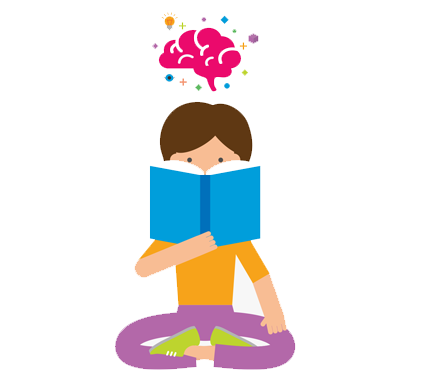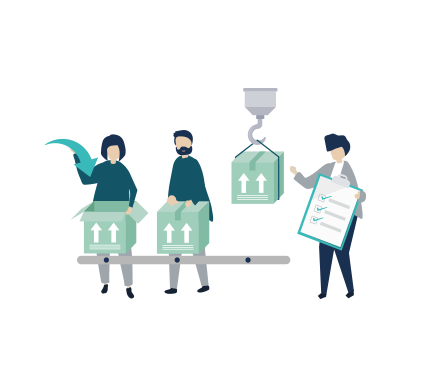Do you feel prepared for the real world? You may feel fairly prepared. However, in reality, your education may not have provided the skills you need to be a successful student.
The latest findings from the World Economic Forum (WEF) explores the current gap between the skills we learn and the skills we need. Their report, New Vision for Education: Fostering Social and Emotional Learning through Technology hypothesizes that traditional learning has failed to equip students with the knowledge they need to survive and thrive in the real world.
According to the WEF, you need a combination of traditional skills and something called ‘social and emotional learning’ (SEL). This is the ability to collaborate, communicate and solve problems. A student needs these skills to navigate the evolving digital economy with ease.
The WEF identified 16 key skills across three different areas.
Across the three areas, the key skills identified are:



Frankly, these skills are crucial for dealing with a rapidly changing workplace. According to Professor David J. Deming of Harvard University, the bulk of job growth in any country has been in occupations requiring high social skills. In fact, this has been the case since 1980.
Here’s a crazy fact: a projected 65% of children entering junior school will work in jobs that don’t even exist in our present. Further research theorizes future jobs will rely on creativity, initiative, and adaptability, as well as the ability to process and convey complicated information. SEL will help the members of the future workplace deal with all of these rapid changes with ease.
The future aside, these skills are also important for your current education. In 2011, a meta-analysis was run analysing 213 separate studies involving over 270,000 students from kindergarten to high school. It found that SEL promoted a whole host of benefits. Students who received SEL instruction had their achievement scores average 11 percentile points higher than those who did not.
The downside to all this? It’s hard to make teachers and lecturers incorporate SEL into their current teaching framework. The general university education is traditionally made up of soul-crushing lectures and seminars. Therefore, it’s up to us to do some serious self-reflection in order to improve these skills on our own.
As we are Ushering into a new world post pandemic, we look forward that these skills would help every child who is in the junior school now across the globe.
The cherry on the cake we would be also providing a school software, to make it convenient for the school to have a clear analysis on both their curriculum and skill development programs on a common platform.